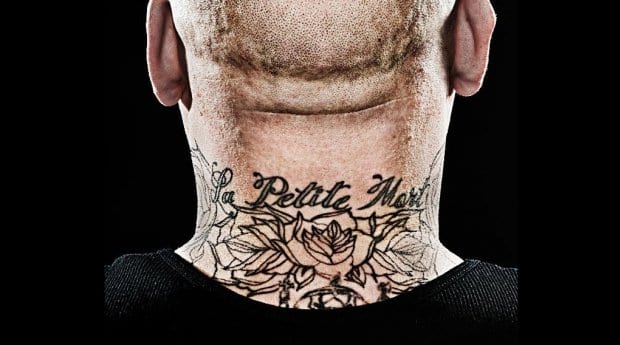After almost 10 years and over 600 exhibitions, Ottawa’s La Petite Mort Gallery will shutter its doors forever at the end of August 2015. Known for boundary pushing works as well as being a Bytown home for queer artists like Andrew Moncreif, Drasko Bogdanovic and Slava Mogutin, La Petite Mort’s closure will leave a potentially unfillable hole in the city’s art scene.
In this edited interview, Daily Xtra caught up with gallery director Guy Bérubé to chat about why he got started, the decision to fold and what’s next on his calendar.
When you started the space, what were you hoping to achieve? Were you looking to provide a home for certain artists? Engage a specific community in Ottawa?
None of that interested me. I just wanted to make money. I’m an art dealer. For me it’s always been very important to have art available to the public at affordable prices and at the same time allow artists to show in any medium and any form. I certainly wasn’t here to entertain the masses but the space clearly became that. It became a place for people to come and look, take photos of the work and share on Facebook. I enjoyed it but at some point people lost track of the fact there’s a product here that’s meant to be purchased. Even though people see me as being at the peak of my career and everyone knows who I am and have great international visibility, the time has come to shake things up and move on to another phase.
The space has been particularly important for queer artists in Ottawa. Was the choice to show those artists also an economic one, or was there something else you were trying to achieve by doing that?
I never asked if an artist was gay because if I was a straight gallery owner trying to put an emphasis on heterosexual art, people would think I was douchebag. To me, it’s completely irrelevant. I understand you have a queer publication that wants to identify that you’re dealing with queer artists or writers or performers, but I’m not that. I don’t need to advertise that.
In terms of deciding to close the space, it sounds like it was an easy decision. Is that the case?
I knew I was doing this a long time ago. The only question was when. Closing for a lot of people means the end of something. I’ve been explaining now for months that I’m not leaving. I’m not moving away. I will continue to do art sales as I have for over 25 years. I’d like to simplify things and deal mostly if not exclusively with people who are interested in buying, as opposed to people who love coming in the gallery to look.
Any idea what’s next for you?
I’m going to do an art fair in Madrid right after the space closes. My goal after that is to be hired in Ottawa. At the gallery, I only make a salary if I sell art, so if I don’t sell a lot of art, I still have to pay my rent. I’ll be working on a big project for the US Embassy this fall, so that’s a paid job, which is what I want. I’m 53 now and I think I’m past working in a gallery that’s more of a gift shop waiting for people to come in and buy art.
Editor’s note: This article was updated to reflect that the interview has been edited for length.


 Why you can trust Xtra
Why you can trust Xtra


